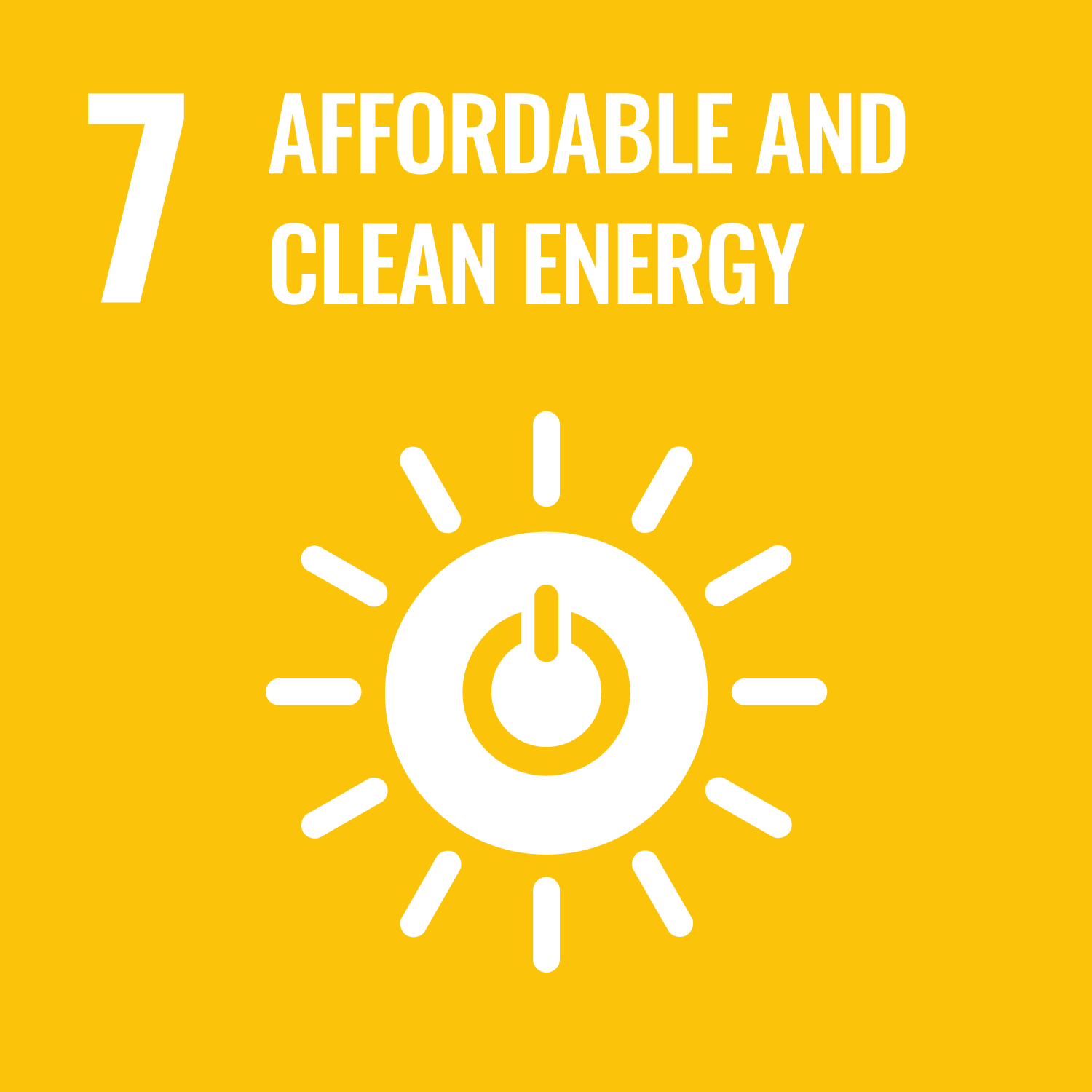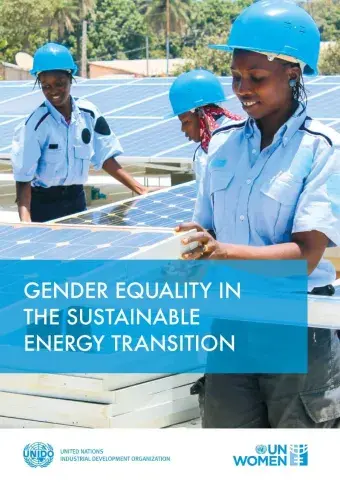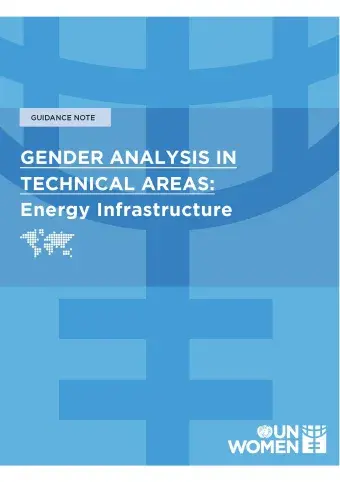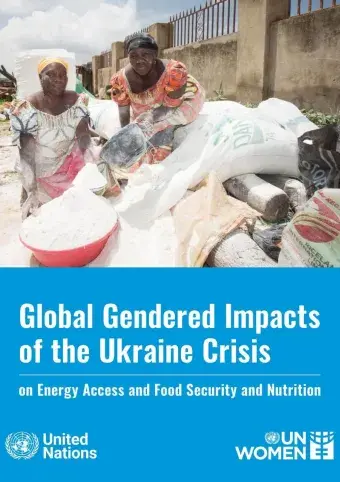SDG 7 – Affordable and clean energy
Bringing more women into the energy sector is crucial to foster inclusive clean energy solutions.
The transition to accessible, affordable clean energy could catalyse progress on all SDGs. It is a precondition for realizing SDG 5. Globally, 91.4 per cent of people have access to electricity (84 per cent in rural areas). But clean cooking fuels and technologies remained out of reach for one in four people in 2022 (26.4 per cent), including nearly half the world’s rural population (45.6 per cent). Disparities in energy access disproportionately impact women and girls as the main procurers and users of household energy. This undermines their health, education and livelihoods. In 2019, 1.5 million women and girls died prematurely from exposure to household air pollution related to cooking fuels, making this the third leading cause of female death. Universal access to clean cooking could save women on average 1.5 hours a day and deliver multiple benefits. In homes with electrification, for instance, women are 9 to 23 percentage points more likely to gain employment outside the home.
40 hours
Universal access to clean cooking could save women 40 hours a week on average.
Investing in clean energy for all would mitigate climate change, extend access to reliable and affordable electricity, boost productivity, increase incomes and lead to better health and education for women and girls. Yet barriers to women’s participation, leadership and innovation in the energy transition persist, for reasons including their limited presence in STEM education. Women comprise only 16 per cent of workers in the male-dominated energy sector, and earn 15 per cent less than men with the same skill level. Non-discriminatory hiring, care policies and enabling workplace environments, equal opportunities for mentoring and networking, and equal access to education and training are among the ways to quickly scale up opportunities for women in the burgeoning renewable energy sector.












